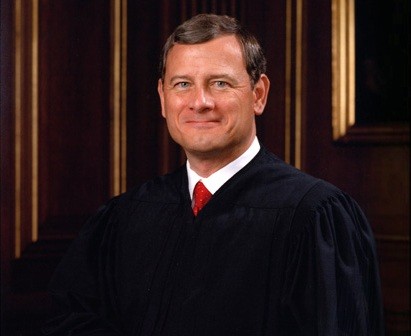
In the area of law, men like Christopher Columbus Langdell, Roscoe Pound, Oliver Wendell Holmes, Jr., and Benjamin Cardozo moved the discipline of law away from its Biblical moorings, as evinced in Puritan Commonwealth documents like “Abstract of the Laws of New England,” towards standards that evinced a humanistic, evolutionary, naturalistic, and statist paradigm. In the late 1800s, Langdell did yeoman work, moving law training away from a century of Constitution-centered American lawyers to Darwinian inspired notions where the law was perceived to be moving (case law training). By Langdell’s work, the Constitution came to be seen as evolving under the guidance of an imperial judiciary. Roscoe Pound followed Langdell at Harvard Law School and strengthened Langdell’s notions of law set inside an evolutionary Weltanschauung. At one point, Pound wrote:
We have . . . the same task in jurisprudence that has been achieved in philosophy, in the natural sciences and in politics. We have to rid ourselves of this sort of legality and to attain a pragmatic, a sociological legal science.1
It would take paragraphs to tease out all that is wrong about this quote, but at the very least, following Langdell, Pound subtly advocates using the law in an evolutionary sense (hence the pragmatic nature) to serve pagan-elitist societal norms which were perceived as changing. Secondly, Pound presupposes that law can be a “legal science,” as if that “legal science” can exist without being derivative of some theology or God-concept. Science of any form is just a handmaiden to some theology. Pound’s irrational search was for an objective point of reference based upon changing subjective norms. Pound’s desire to attain a pragmatic, sociological legal science presupposes a pagan theological paradigm (legal positivism) that stands in antithesis with a Biblical paradigm.
Oliver Wendell Holmes served on the U.S. Supreme Court from 1902-1932. In defining truth, Holmes wrote that it was “the majority vote of the nation that can lick all the others.” Holmes’s view of law paralleled his view of truth, as he rejected absolutist and transcendent moral categories for law, opting instead for a kind of cultural relativism. Per Holmes, the justification of a law for us cannot be found in the fact that our fathers always have followed it. It must be found in some help which the law brings toward reaching a social end. It is this view of law that Chief Justice John Roberts invoked when he said, in his support for Obamacare: “It is not our job to protect the people from the consequences of their political choices.” This is perfect Holmesian reasoning. What is Roberts saying except that his decision was based on the fact that a majority vote can “lick all others”?2
Once again, we see an evolutionary view of law, where law is understood not as something static or eternal, but rather as something constantly in flux and serving ever-changing social ends.
Finally, for purposes illustrative to show that some other lord has usurped the Crown Rights of King Jesus in the field of law, and to establish that a neutral realm is a myth, we cull a couple of quotes from former U.S. Supreme Court Justice Benjamin Cardozo, who said, “I take judge-made law as one of the existing realities of life.”3 But what is judge-made law except that it is man-made law with man as lord?
In another place, Cardozo stated, “If there is any law which is back of the sovereignty of the state, and superior thereto, it is not law in such a sense as to concern the judge or lawyer, however much it concerns the statesman or the moralist.”4 Cardozo here clearly has citizens living, moving, and having their being in the State.
The Church has the clear responsibility of proclaiming to God’s people that the transcendent reference point for law is found in the Law-Word of King Jesus, and it is the Church’s shame that her pulpits are full of men who are mute to this responsibility.
Footnotes
- Roscoe Pound, “Mechanical Jurisprudence,” Columbia Law Review, vol. 8, no. 8, December 1908, p. 609 ↩
- Oliver Wendell Holmes, Jr., Collected Legal Papers. NY: Harcourt, Brace and Company, 1920, p. 225, “The Law in Science-the Science in Law.” Cited in Barton, Original Intent, p. 229. ↩
- The Nature of the Judicial Process 10 (1921). ↩
- Benjamin Cardozo Problematics, supra note 2, at 1638 ↩
| Tweet |
|
|
|




